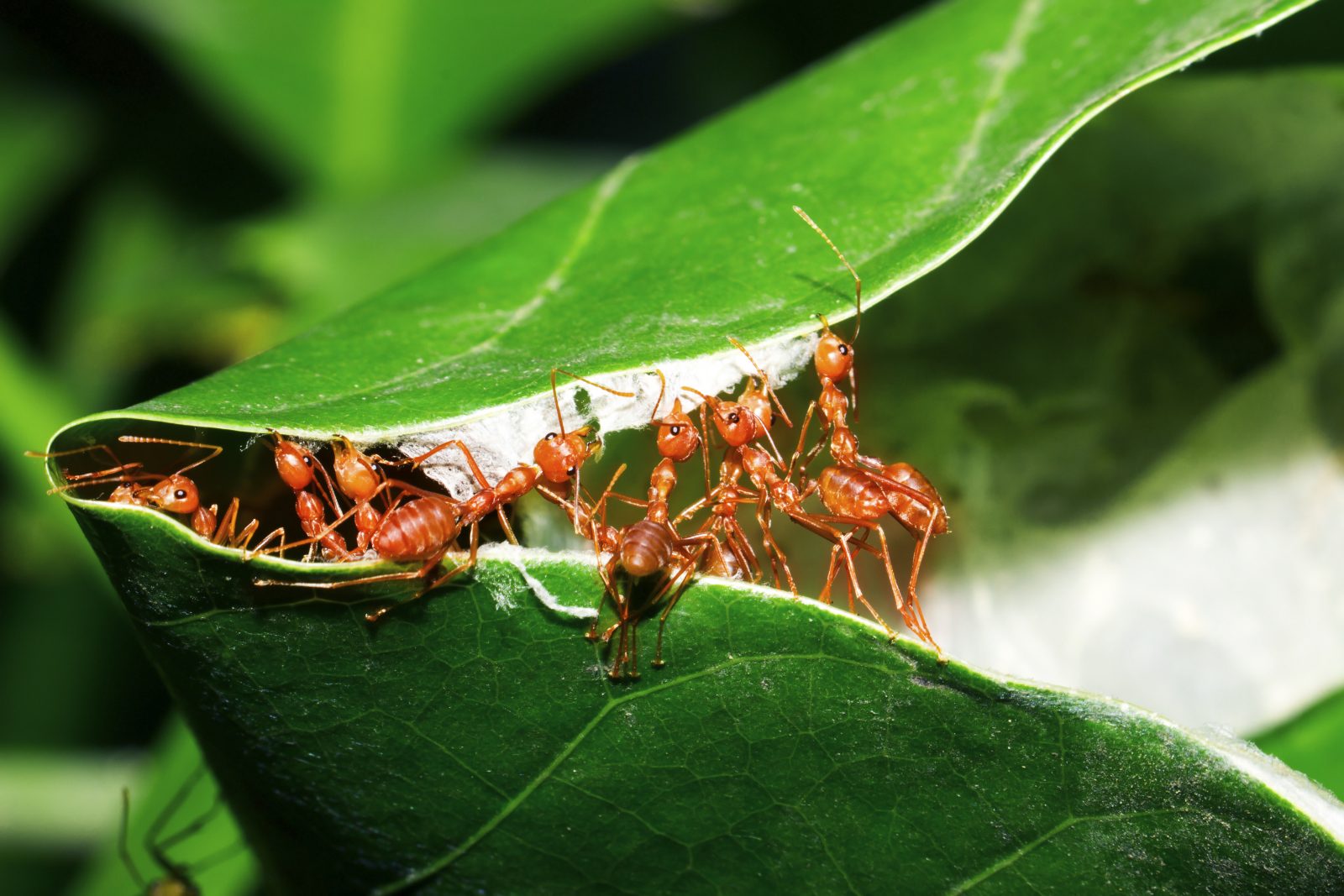
Neil Thomas Takes on Epicurus and the Logical Positivists
Today’s ID the Future concludes a three-part series featuring author Neil Thomas in a free-ranging conversation with radio show host Hank Hanegraaff. The focus is Thomas’s recent book, Taking Leave of Darwin: A Longtime Agnostic Discovers the Case for Design. Here Thomas and Hanegraaff discuss the logical positivists and what Thomas sees as their failure to consistently apply their evidential standards to Darwinism. Thomas also contrasts the cosmic nihilism of Richard Dawkins with the mounting evidence of fine tuning for life, and calls out what Thomas describes as the magical thinking at the heart of Darwinism. Hanegraaff and Thomas also explore how Darwin’s theory of evolution has roots in an ancient philosophical system that was long regarded as resting on such flimsy speculative foundations that it wasn’t taken seriously for long centuries. In Thomas’s opinion, that philosophical system shouldn’t have been taken seriously then, and still shouldn’t be. In the wrap up, Hanegraaff and Thomas provide a model of how two men with differing positions on Christianity can converse and even challenge each other while remaining cordial. Hanegraaff, an Orthodox Christian, urges Thomas, a longtime agnostic rationalist who has recently become open to theism, to take his journey into theism further by considering the historical claims specific to Christianity. Does Thomas bridle? Not all. Listen in to hear how the conversation plays out, and find Thomas’s book, which Hanegraaff highly recommends, here. This three-part series is posted here by permission of Hank Hanegraaff. For more Hank Hanegraaff, check out his podcast, Hank Unplugged.






